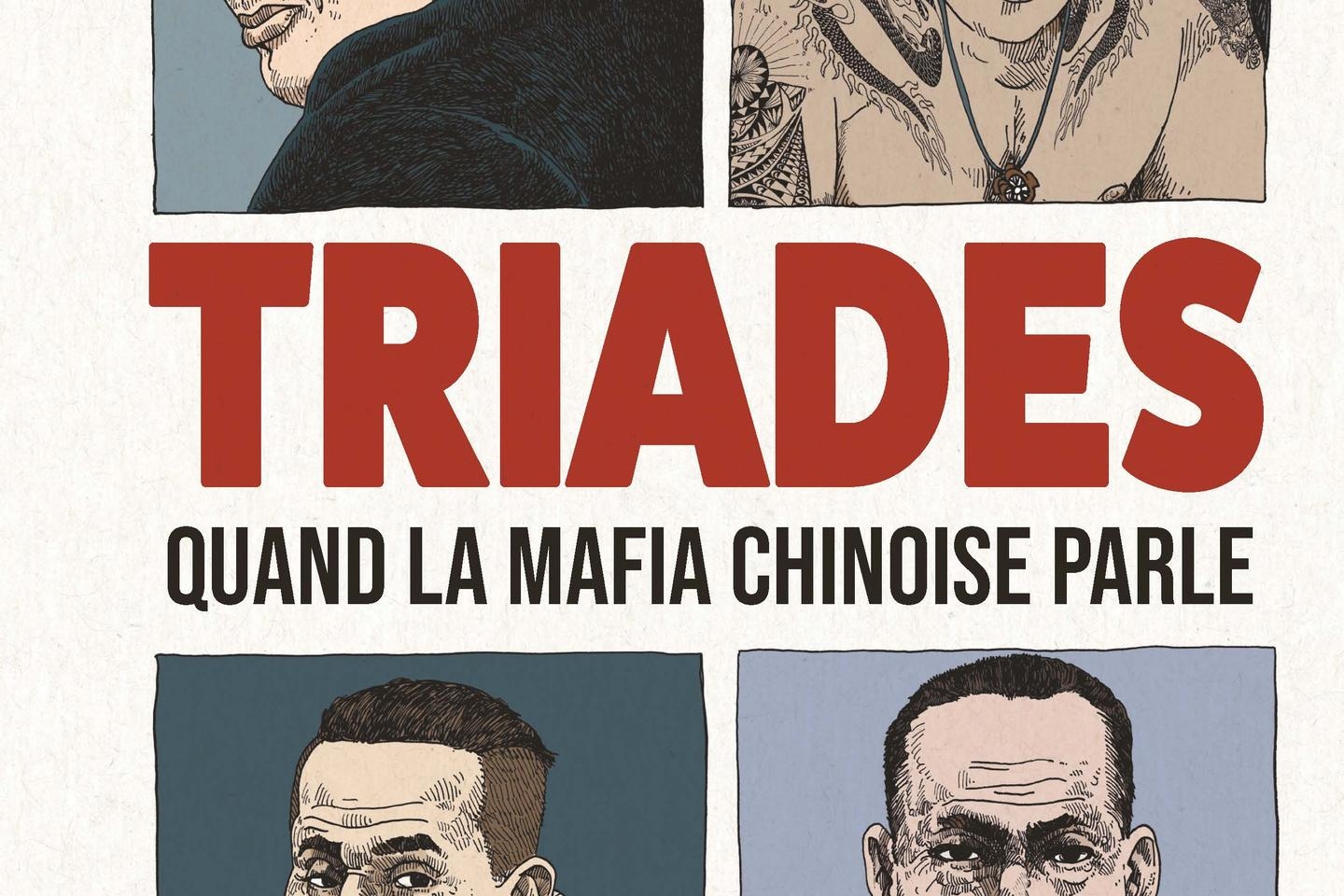How the Chinese mafia is expanding its reach to serve Beijing's ambitions

Book. "The Iron Tyrant," "The Cigarette," "Broken Tooth"... The nicknames of Chinese mafiosi sound like they came straight out of a 1980s Hong Kong gangster film. And for good reason: the cinema of the former British colony was then under the control of the triads, who saw it as much as a lucrative business as a means of communication to recruit young people in need of action. Antoine Vitkine knows the subject well, to which he devoted a documentary series broadcast on Arte in 2024 and a book in January ( Triades. La mafia chinoise à la conquête du monde, Tallandier, 352 pages, 21.90 euros). He is now back in bookstores with a comic book, created with the cartoonist Christophe Girard, Triades. Quand la mafia chinoise parle (Steinkis, 136 pages, 22 euros). He carefully avoids relaying any glamorous image, emphasizing the wide range of their criminal activities: prostitution, drug trafficking, online scams, etc.
The album's strength lies primarily in the testimonies collected. Repentant or not, Mafiosi speak with surprising candor about their criminal activities, sometimes from their cells. Introduced at the highest levels, present within the Chinese diasporas , expanding in the wake of the "new silk roads", the triads generally pass under the radar of justice. Its rare members who find themselves in prison see it as an opportunity to perfect their reputation and their experience: "A year behind bars is like five on the outside," says one of the interviewees.
The album offers a striking historical perspective, dating back to the Opium Wars of the 19th century, when the British forced the Qing dynasty to import drugs to offset a trade imbalance. Fentanyl, whose trafficking in the West is controlled by the Chinese triads, is thus described as a painful backlash – or even a war knowingly waged by Beijing.
You have 35.58% of this article left to read. The rest is reserved for subscribers.
Le Monde




